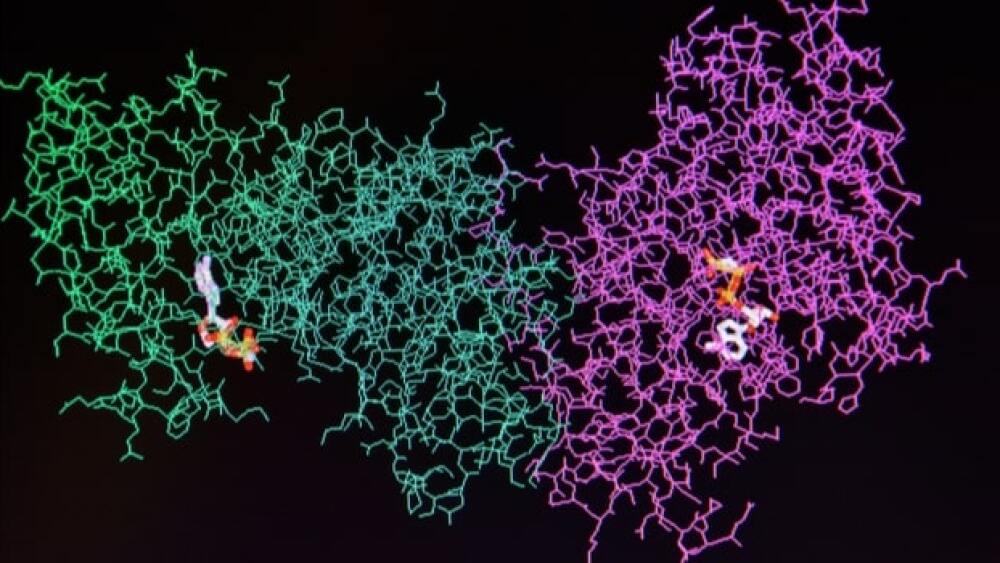OT-58 is Orphan’s novel investigational enzyme replacement therapy. It is currently in Phase I/II development for classical HCU, a rare metabolic disorder marked by increased levels of plasma homocysteine.
San Diego-based Retrophin is buying Orphan Technologies for $90 million in cash up front. Orphan Technologies will be eligible for up to $427 million in milestone payments as well as tiered mid-single digit royalties based on future net sales of OT-58 in the U.S. and Europe. There may be an additional milestone payment if a pediatric rare disease voucher is granted.
OT-58 is Orphan’s novel investigational enzyme replacement therapy. It is currently in Phase I/II development for classical HCU, a rare metabolic disorder marked by increased levels of plasma homocysteine. This can cause life-threatening thrombotic events like stroke and heart attacks, developmental delay, and eye/vision and skeletal complications. The only treatments are heavy dietary restrictions and supplemental vitamin B6 and betaine, which are often ineffective.
“Many people with HCU face a continuous risk of developing life-threatening complications because current treatment options are largely ineffective in managing homocysteine levels,” said Eric Dube, Retrophin’s chief executive officer. “OT-58 has demonstrated an ability to meaningfully reduce homocysteine levels in preclinical models and has the potential to ultimately become the first disease modifying therapy for HCU. This promising, novel development candidate fits directly with our mission to identify, develop and deliver life-changing therapies to people living with rare diseases and brings exciting growth potential to Retrophin.”
The deal also has an option for a spinout around Orphan’s preclinical compound, OT-15, which targets mitochondrial neurogastrointestinal encephalopathy syndrome, a rare autosomal recessive mitochondrial disease.
Retrophin focuses on rare diseases. Its marketed products include Thiola (tiopronin) for the prevention of cystine stone formation in patients with severe homozygous cystinuria, Cholbam (cholic acid) for bile acid synthesis disorders due to single enzyme defects and peroxisomal disorders including Zellweger spectrum disorders, and Chenodal (chenodiol) for a very specific type of gall stones called radiolucent stones in well-opacifying gallbladder where surgery is not possible.
The company’s pipeline is heavily focused on sparsentan, which is in Phase III trials for focal segmental glomerulosclerosis (FSGS), a serious kidney disorder, and for immunoglobulin A nephropathy (IgAN), or Berger’s disease, which can lead to end-stage renal disease (ESRD).
More famously, or infamously, is Retrophin’s former chief executive officer, Martin Shkreli, the so-called “pharma bro” who even sued Retrophin from prison in 2019. In 2017, he was found guilty on two charges of securities fraud and one charge of conspiracy to commit conspiracy fraud.
Orphan Technologies is based in Lexington, Massachusetts. On March 26, the U.S. Food and Drug Administration (FDA) granted OT-58 a Rare Pediatric Disease (RPD) designation. Under that program, if a new drug application (NDA) for OT-58 is approved, the company can receive a priority review voucher that can be used for other human drug applications. The drug had already received both Fast Track Designation and Orphan Drug Designation by the agency.
“Orphan Technologies’ longstanding mission is to reduce the disease burden of patients suffering from the devastating effects of homocystinuria,” said J. Frank Glavin at the time, chief executive officer of Orphan Technologies. “Rare pediatric disease designation reflects the severe unmet medical need that children with homocystinuria face from birth through adulthood, and OT-58 represents a potentially life-changing new therapy for these patients.”





